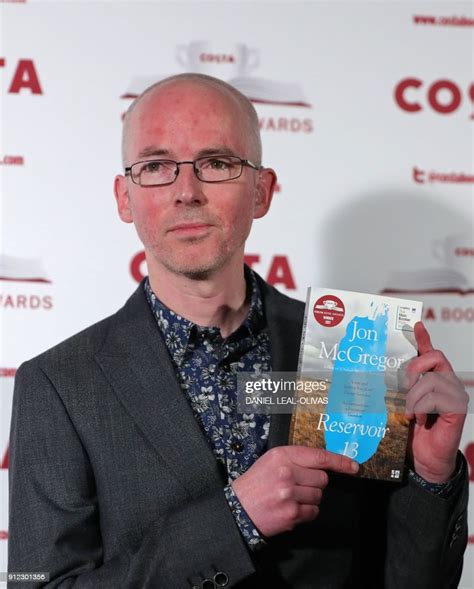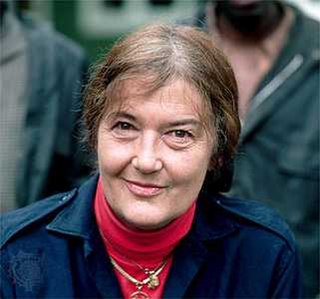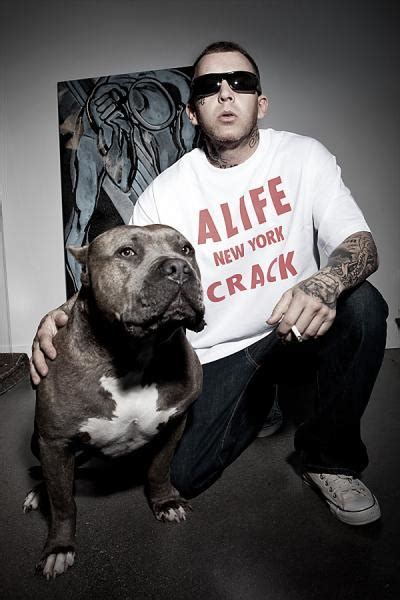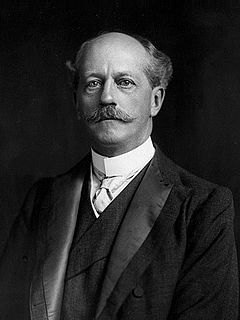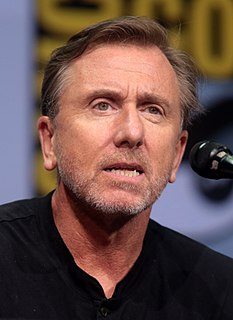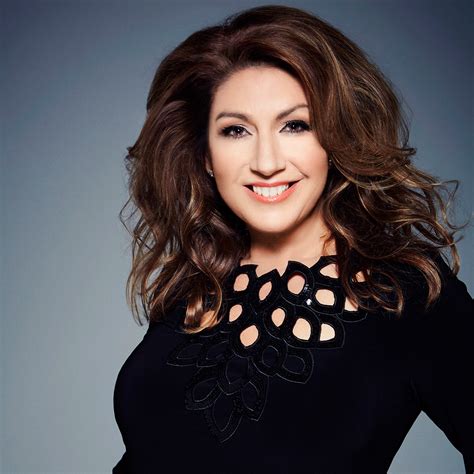A Quote by Bill McKibben
The consumer culture in general has washed over our civilization. For the last 50 years, if you've had a credit card and some access to money, you don't really need neighbors around you. And as a result, they dwindled. The average American has half as many close friends as they did in 1950. Three quarters of Americans don't know their next-door neighbor. They may know their name, but they have no real relationship with them. That's an utterly new place for human beings to find themselves in - I mean, we're a socially evolved primate.
Quote Topics
Access
American
Around
Average
Beings
Card
Civilization
Close
Close Friends
Consumer
Consumer Culture
Credit
Credit Card
Culture
Did
Door
Evolved
Find
Friends
General
Had
Half
Human
Human Being
Human Beings
Know
Last
Many
May
Mean
Money
Name
Need
Neighbor
Neighbors
New
New Place
Next
Our
Over
Place
Quarters
Real
Real Relationship
Really
Relationship
Result
Socially
Some
Them
Themselves
Three
Utterly
Washed
Years
Related Quotes
None of the three great apes is considered ancestral to modern man, Homo sapiens, but they remain the only other type of extant primate with which human beings share such close physical characteristics. From them we may learn much concerning the behavior of our earliest primate prototypes, because behavior, unlike bones, teeth, or tools, does not fossilize.
I'm really hopeful about the future of space exploration and human spaceflight. Civilization as we know it has been defined by exploration. You know, we need to go off and find out what's around the next corner and what's just beyond what we already know. It's part of our being; it's part of our moral fiber to go off and explore.
Speculation has been singularly fruitful as to what these markings on our next to nearest neighbor in space may mean. Each astronomer holds a different pet theory on the subject, and pooh-poohs those of all the others. Nevertheless, the most self-evident explanation from the markings themselves is probably the true one; namely, that in them we are looking upon the result of the work of some sort of intelligent beings. . . . The amazing blue network on Mars hints that one planet besides our own is actually inhabited now.
We all grew up in communities with grandmothers who cooked two, three vegetables that you had to eat. There was no ifs, ands or buts about it. But that's because many of our grandparents, they had community gardens; there was the vegetable man that came around. There were many other resources that allowed them to have access. So it's not that people don't know or don't want to do the right thing; they just have to have access to the foods that they know will make their families healthier.
We humans have had from time unknown the compulsion to name things and thus to be able to deal with them. The name we give to something shapes our attitude toward it. And in ancient thought the name itself has power, so that to know someone's name is to have a certain power over him. And in some societies, as you know, there was a public name and a real or secret name, which would not be revealed to others.
Do you know I had the best time on 'Loose Women' and I'm very, very fond of the show still. I know everybody who's on it and it's a great open door to go back if I need to. Everybody on there is lovely and I've got a great relationship with them - the new ones and the old ones. It's been a big part of my life over the years, so it's nice I can nip back. I do miss everybody on it, but we're all on What'sApp, so I know what everybody is up to.
Think of our DNA. In the last million years, our DNA hasn't changed at all. It's really much the same as it was in the jungle, a million, two millions years ago. But in the last 200 years, our destructive capacities have increased many, many millions of times over. Why don't we see intelligent signals from outer space? Because in all likelihood, once the civilization reaches the point our civilization has reached, it destroys itself.
Perhaps the deepest reason we are afraid of death is that we do not know who we are. We believe in a personal, unique, and separate identity; but if we dare to examine it, we find that this identity depends entirely on an endless collection of things to prop it up: our name, our "biography", our partners, family, home, job, friends, credit card ... It is on their fragile and transient support that we rely for our security. So when they are all taken away, will we have any idea of who we really are?

